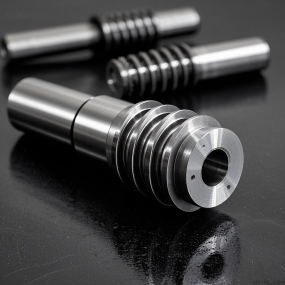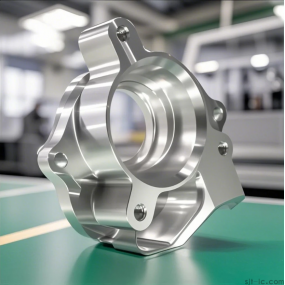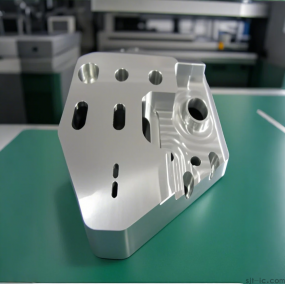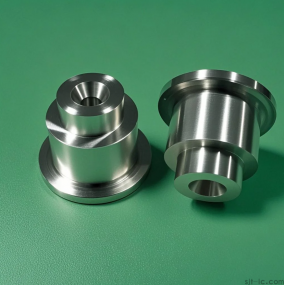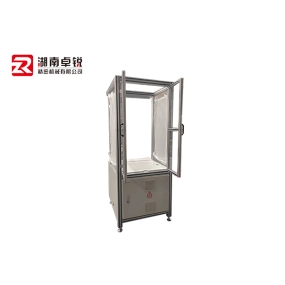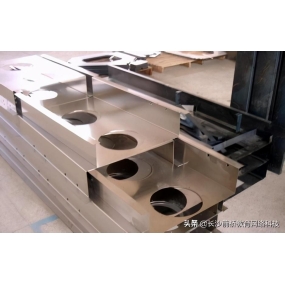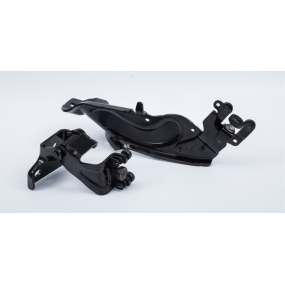As a professional CNC Machining service provider, EMAR specializes in delivering high-precision aluminum components for industries ranging from aerospace to automotive. This article delves into the critical aspects of aluminum CNC machining, addressing key concerns for procurement managers and engineers.
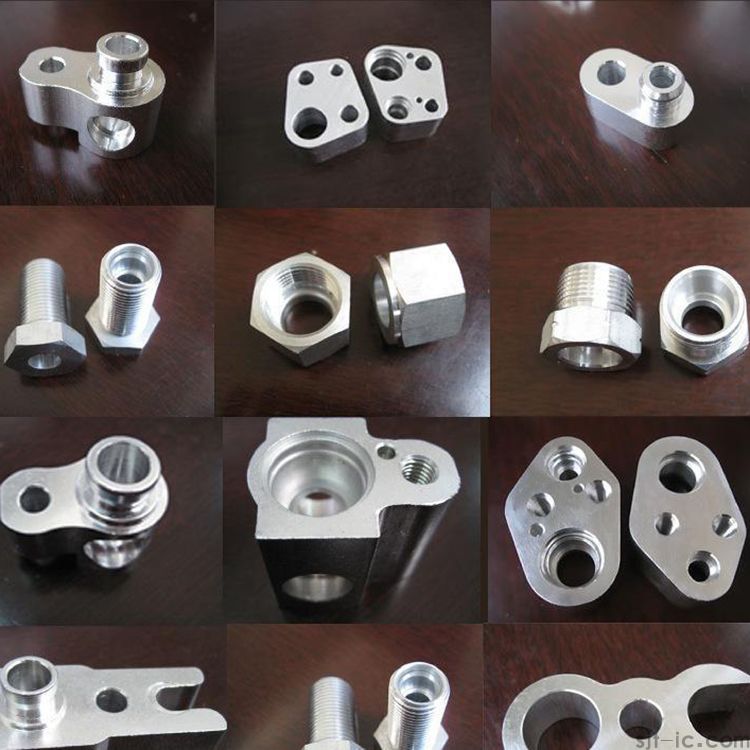
Understanding Aluminum CNC Machining
Aluminum is one of the most machinable metals due to its excellent strength-to-weight ratio and corrosion resistance. The CNC machining process for aluminum involves computer-controlled milling, turning, or drilling to create complex geometries with tight tolerances (typically ±.005 inches).
Key Process Steps
1. Material Selection: Choosing the right aluminum alloy (6061, 7075, etc.) based on application requirements.
2. CAD/CAM Programming: Converting 3D models into machine instructions.
3. Precision Machining: Using advanced CNC mills/lathes with high-speed spindles (up to 20,000 RPM).
4. Surface Finishing: Options include anodizing, powder coating, or chemical conversion.
Why Choose EMAR for Your Project?
Our CNC machining services stand out through:
- 15+ years of aerospace-grade machining experience
- ISO 9001-certified quality control systems
- 50+ CNC machines with 5-axis capabilities
- Fast turnaround (prototypes in 3-5 days)
Common Applications
Aluminum CNC parts are widely used in:
• Heat sinks for electronics
• Automotive transmission components
• UAV structural frames
• Medical device enclosures
For your next aluminum machining project, visit EMAR's official website to request a free DFM analysis and instant quote.


 Spanish
Spanish Arabic
Arabic French
French Portuguese
Portuguese Belarusian
Belarusian Japanese
Japanese Russian
Russian Malay
Malay Icelandic
Icelandic Bulgarian
Bulgarian Azerbaijani
Azerbaijani Estonian
Estonian Irish
Irish Polish
Polish Persian
Persian Boolean
Boolean Danish
Danish German
German Filipino
Filipino Finnish
Finnish Korean
Korean Dutch
Dutch Galician
Galician Catalan
Catalan Czech
Czech Croatian
Croatian Latin
Latin Latvian
Latvian Romanian
Romanian Maltese
Maltese Macedonian
Macedonian Norwegian
Norwegian Swedish
Swedish Serbian
Serbian Slovak
Slovak Slovenian
Slovenian Swahili
Swahili Thai
Thai Turkish
Turkish Welsh
Welsh Urdu
Urdu Ukrainian
Ukrainian Greek
Greek Hungarian
Hungarian Italian
Italian Yiddish
Yiddish Indonesian
Indonesian Vietnamese
Vietnamese Haitian Creole
Haitian Creole Spanish Basque
Spanish Basque

